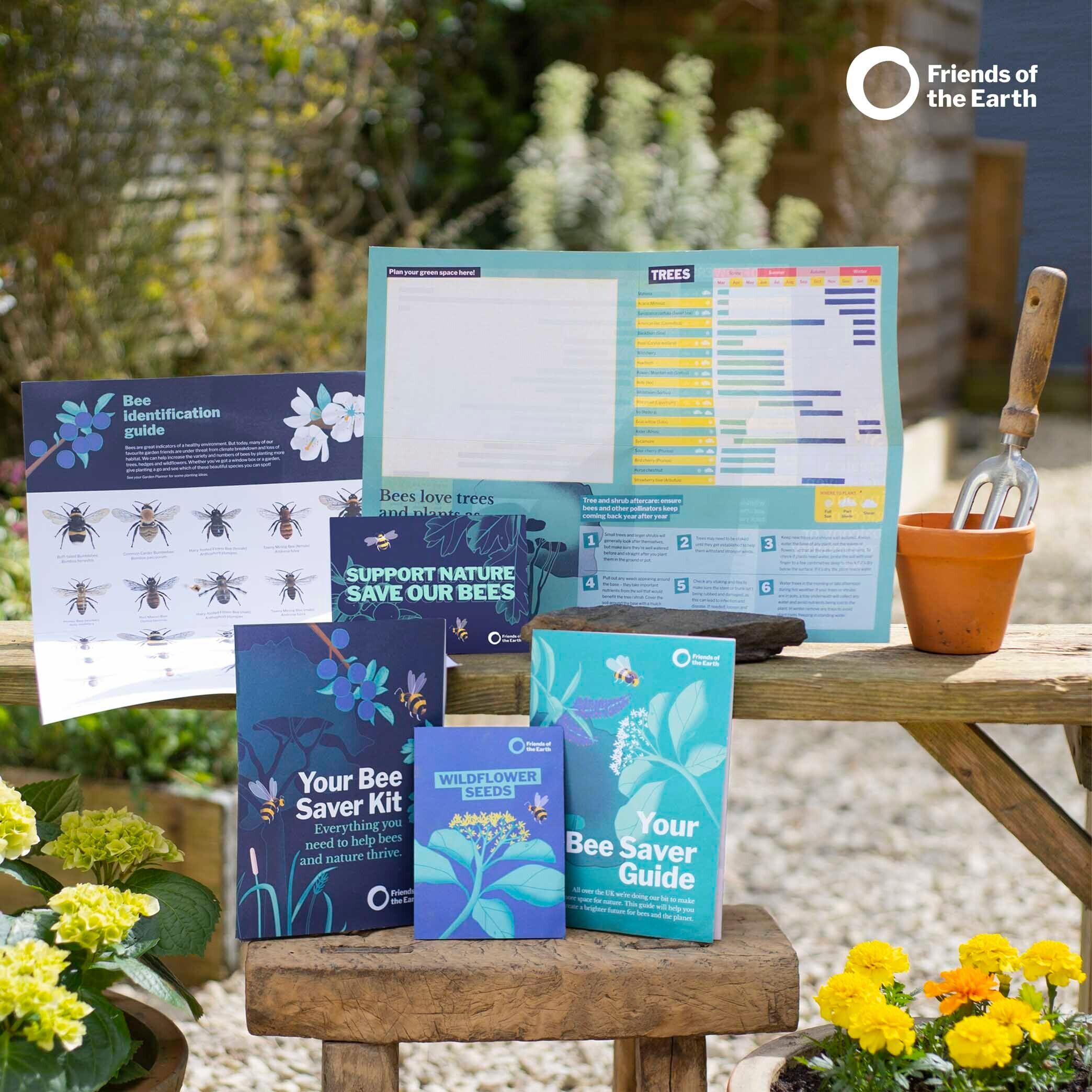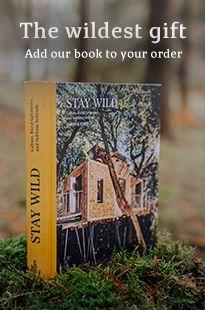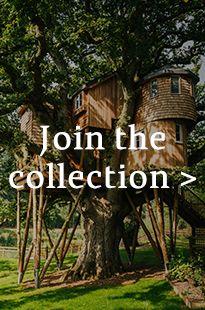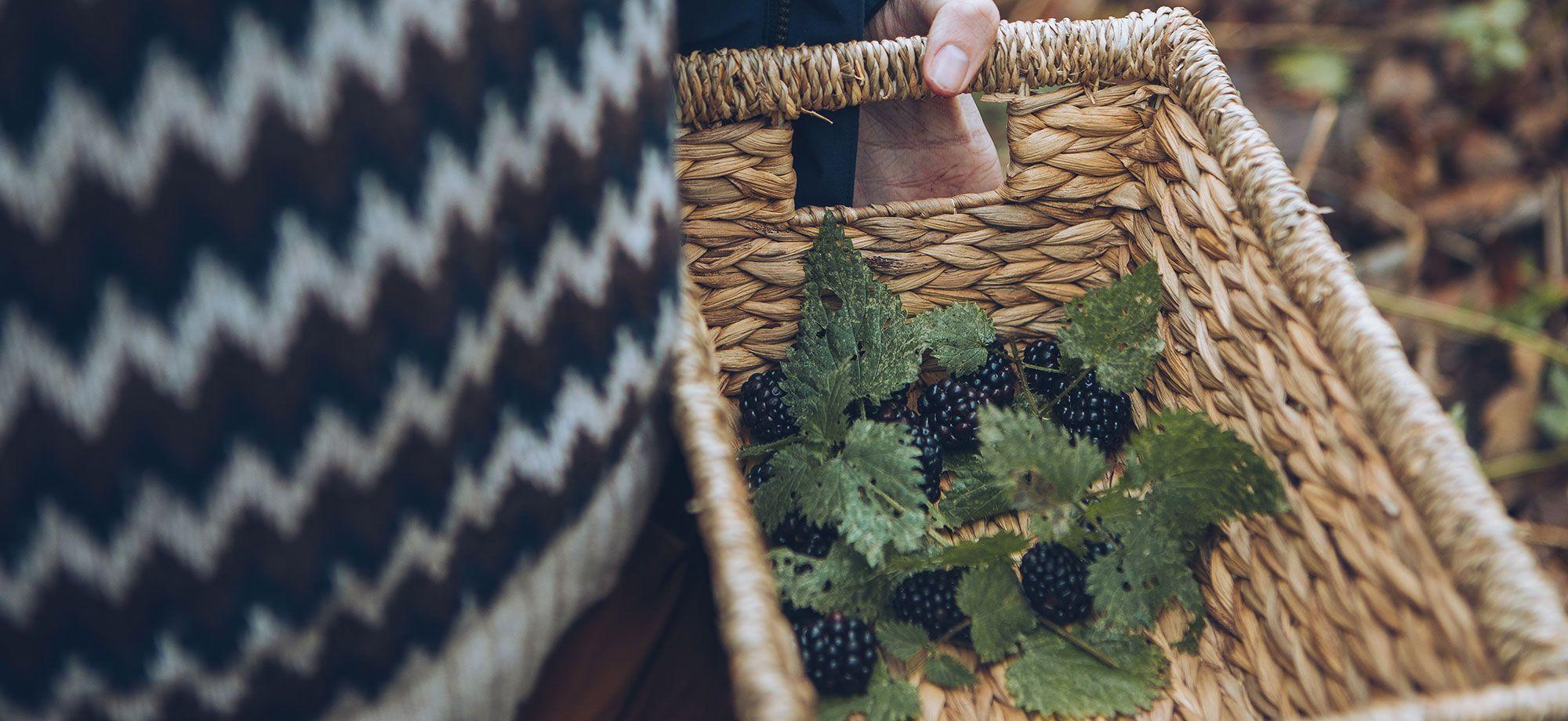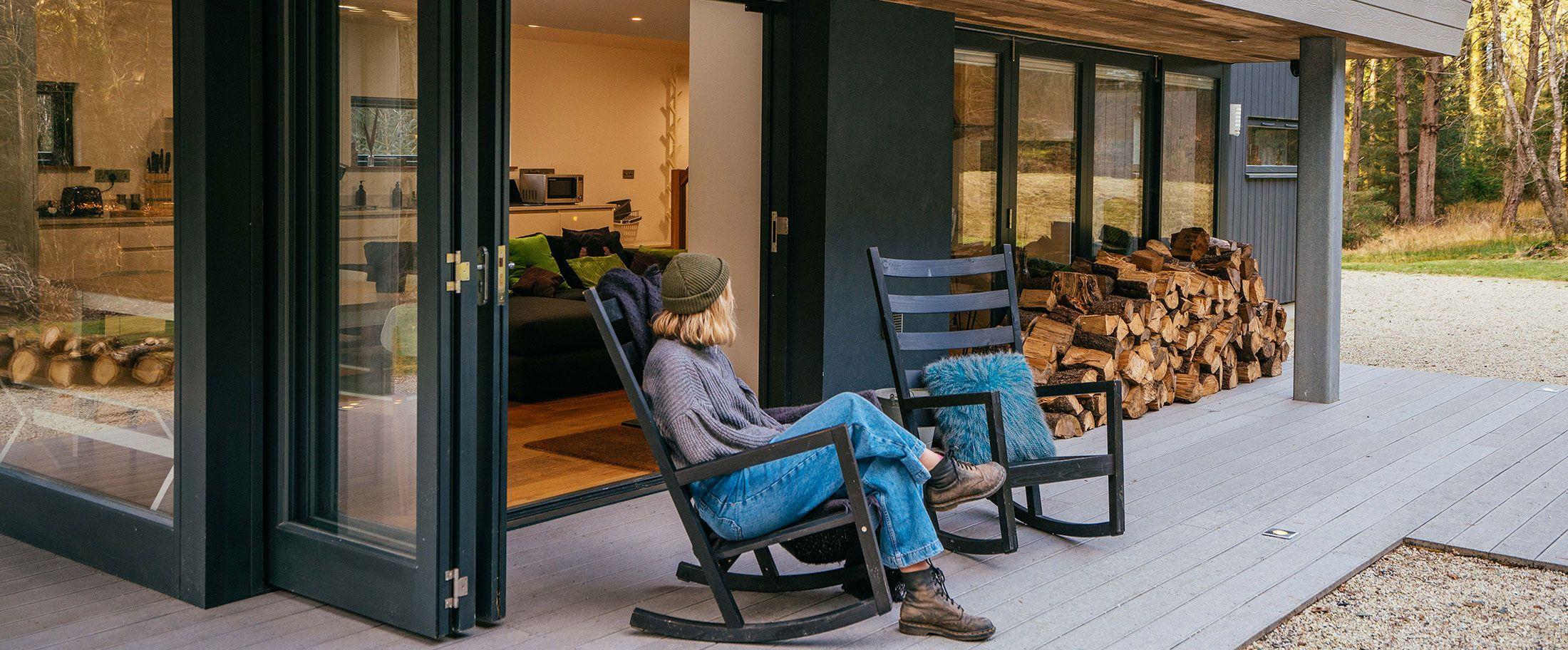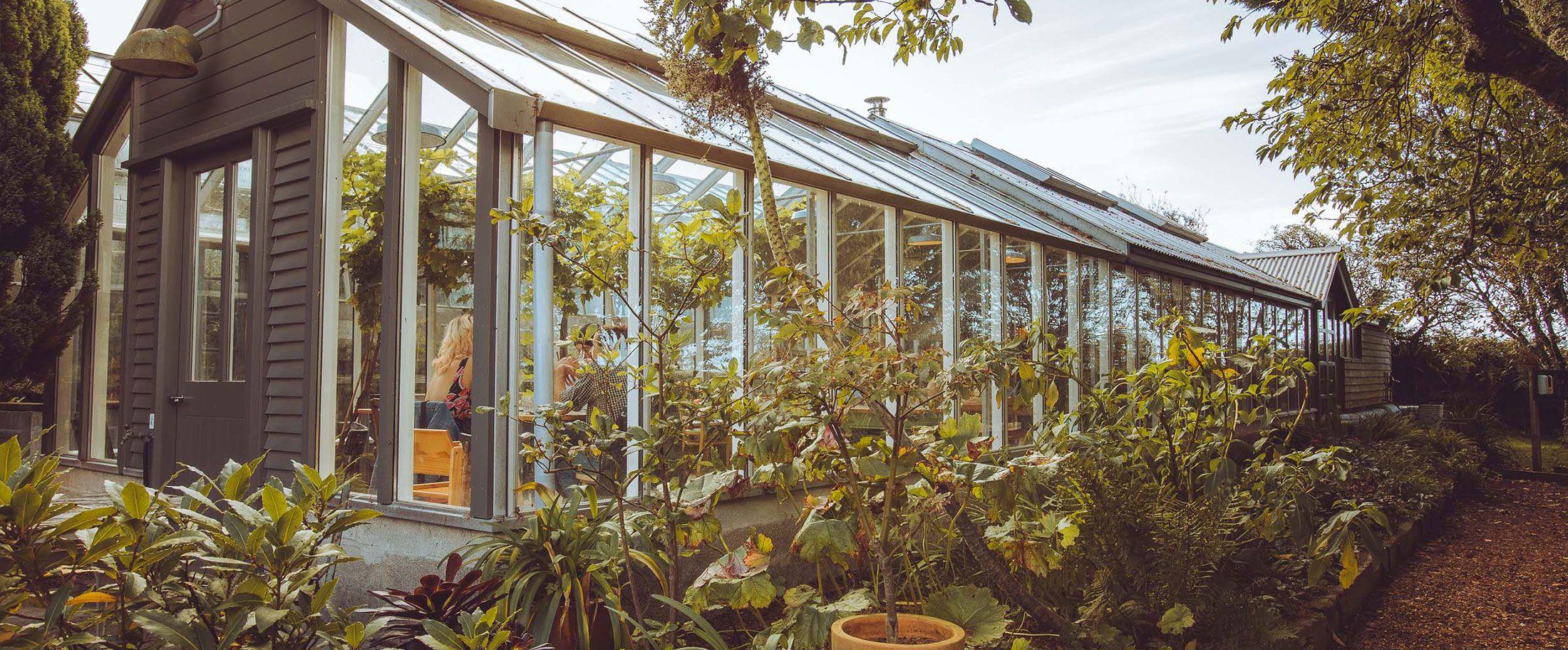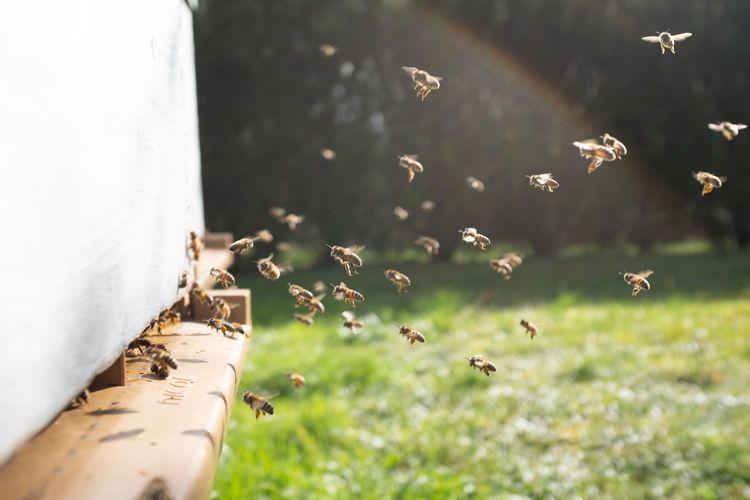
5 easy ways to help the bees
Bees play a crucial role in keeping us healthy and helping the natural world run smoothly. In fact, they do much more for us than you might imagine. Bees pollinate most of the fruit and vegetables that make our diets tasty and nutritious. Now, they need our help. With around 13 of the UK’s species extinct and more under threat, it’s time for us to step in. The good news? The humble bee needs just 3 things to thrive – food, shelter and water. With some simple changes, our gardens and windowsills could become homes (or...hotels) and vital fast-food takeaways for bees.
Find 5 tips that will help you turn a small space into a bee paradise – and become an all-round better friend to our buzzing pals.
1. Plant bee-friendly shrubs, fruit and vegetables
Bees forage from flowers rich in nectar and pollen. And you can help them out by turning your nearest patch of space into a bee haven. You don’t have to be an expert or have sprawling acres of garden to bring the bees to your yard. Even a pot of Lavender will bring perfume, purple flowers and bees to your space and gardening is all about trying things out so see what works.
Bees will help pollinate your veg, if you’re keen to try out growing some yourself. Try French, runner and broad beans, aubergines, onions and peppers. They'll also do the same for fruit – from apples, pears and plums to strawberries and raspberries. Get growing to protect the bees and save money on your shopping bill, too.
2. Grow a windowsill herb garden
Garden herbs make a great dinner for bees – and they’re a good space-saver if you’re working with a smaller green patch. In fact, many common herbs are among the best plants for providing bees with the nectar and pollen they need throughout the year. They also happen to be some of the best herbs for cooking with.
Try growing a thyme in spring, or a pot of mint to feed bees in summer and early autumn, find a sunny spot for fennel during mid to late summer and serve up some delicious rosemary all year around.
3. Keep bees hydrated with rainwater
Like humans, bees need water. Why not build a little bee-hydration station somewhere outside your home? Fill a tray or saucer with water (preferably rainwater) and weigh it down with some large stones so it doesn’t blow away.
And... that's it: you’ve got a refreshing water supply ready for bees to make a fly-by pitstop. Try adding some wine corks to float on the surface of the water – it’ll give the bees something to land on.
4. Build a bee hotel
Bee hotels can offer much-needed shelter for “solitary’ bees, who make up most of Britain’s species and have sadly lost much of their natural habitat in recent years. As the name suggests, solitary bees – like mason bees and leafcutter bees – don’t live in colonies. Instead, they fly solo. So, a place to spend the night would be particularly welcome.
Unless you’re looking for a DIY project, you can buy a bee hotel and install it outside your home. Things to note: the more south-facing the better, as the extra warmth is helpful for the bees over the cold winter months. The ideal height for a bee hotel is between 1 and 1.5 m off the ground.
5. Go for ethical honey
Buying honey can feel like a bit of a dilemma for the bee-friendly shopper. But by shopping consciously and ethically, you can help keep our bees happy and healthy – while still enjoying honey as an occasional treat. If you can, buy locally from a place where honey is produced by individual beekeepers who practice balanced beekeeping.
6. Get a Bee Saver Kit
Get your own Bee Saver Kit which is has wildflower seeds, a bee identification guide, hints and tips for helping bees and a garden planner to help them all year round. They make a great gift too.
